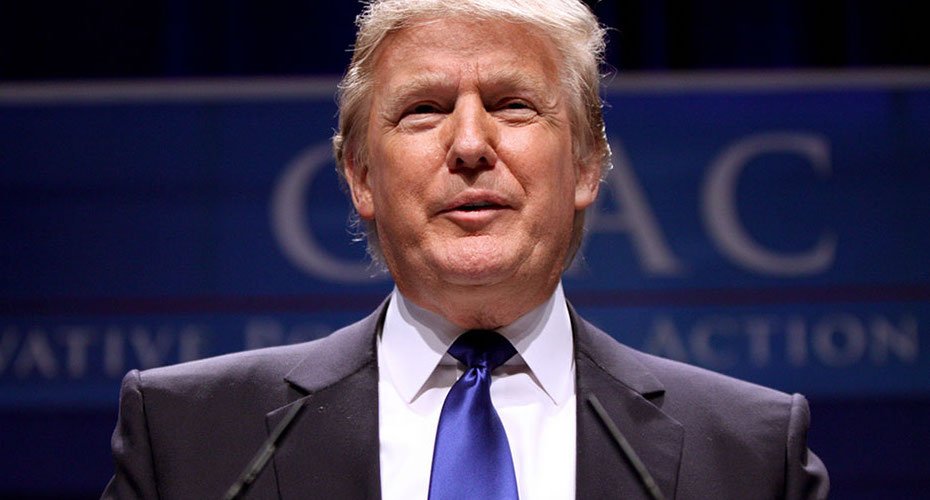President Donald Trump’s recent comments on the Israel-Iran conflict have swung between firm support for Israel’s military actions and distancing himself from them, fueling uncertainty as the conflict intensifies. His abrupt departure from the G7 summit in Canada, citing “big stuff” in Washington, further complicates the U.S. position.
The White House confirmed Trump left due to developments in the Middle East, though he later clarified on Truth Social that his exit was unrelated to any ceasefire talks. Israeli Prime Minister Benjamin Netanyahu has maintained that Israel’s strikes on Iran were “fully coordinated” with the United States.
Pressure to Escalate Military Action
As Israeli missile attacks hit Tehran, Trump warned Iran’s leadership of potential “even more brutal” retaliations, supporting Israel’s right to defend itself with American-supplied weaponry. While Trump shares Netanyahu’s goal of preventing Iran from acquiring nuclear weapons, he has publicly vacillated between favoring diplomacy and threatening military force.
Trump’s approach has been described by some as the “madman theory” — a diplomatic tactic based on unpredictability aimed at coercing adversaries. His supporters believe this strategy may pressure Iran, which signed the 2015 nuclear deal but was later targeted when Trump withdrew from it.
Netanyahu reportedly continues to push Trump toward military escalation. Israel seeks U.S. assistance to utilize bunker buster bombs capable of destroying Iran’s underground uranium enrichment facilities. Meanwhile, hawkish Republicans in Congress are urging regime change in Iran.
Despite the increased tension, Iran had been preparing for a sixth round of nuclear talks in Oman, now postponed indefinitely.
Middle Ground and Caution
Trump has reiterated that the U.S. is not directly involved in Israel’s strikes, highlighting the risks of escalating conflict further. American naval forces and missile defenses already assist in protecting Israel against Iranian retaliation, which has included missile strikes that penetrated Israeli defenses.
Some advisors at the National Security Council reportedly urge caution to avoid intensifying the conflict, especially given the risks to American lives. Netanyahu has suggested targeting Iran’s Supreme Leader Ali Khamenei could end the conflict, but U.S. officials say Trump opposes such a move.
Domestic Political Pressures
Domestically, Trump faces divided pressures within his political base. While many Republicans in Congress remain firmly supportive of Israel, some voices within Trump’s Make America Great Again (MAGA) movement criticize deepening U.S. involvement in the Middle East.
Prominent MAGA figures, including journalist Tucker Carlson and Representative Marjorie Taylor Greene, have openly questioned the wisdom of supporting Israel’s offensive. Carlson accused the administration of misleading the public about U.S. involvement and warned against risking American troops in a foreign conflict. Greene echoed similar sentiments, urging adherence to an “America First” policy.
This internal dissent may be influencing Trump’s recent public statements calling for peace and urging Iran and Israel to negotiate. Over the weekend, Trump posted that the U.S. had “nothing to do with the attack on Iran” and joined calls for ending the war, aligning with Russian President Vladimir Putin’s position.
Regional Risks and Uncertainty
Iran has threatened to target U.S. military bases in the region if Washington continues assisting Israel. Any American casualties could strengthen isolationist calls within the MAGA base and pressure Trump to de-escalate U.S. involvement, potentially pushing for a quicker resolution to Israel’s campaign against Iran.
As the conflict evolves, Trump’s unpredictable stance underscores the complex interplay of international diplomacy, military strategy, and domestic politics shaping U.S. responses to the Israel-Iran crisis.
For more updates on international affairs, visit BlogHear.com.




